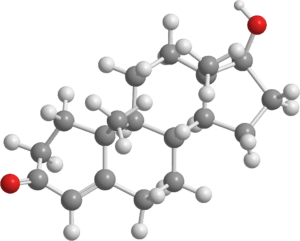
Primarily Testosterone hormones are produced in testicles. It plays a key role in maintaining bone density, fat distribution, muscle strength and sperm production. Usually above the age of 30 levels decrease gradually with age. Low testosterone levels effects erection and sexual desire, a reduced energy levels due to decreased muscle strength and bone density. To maintain levels follow these simple rules.
- Exercise regularly: Engaging in regular physical activity, particularly weightlifting and high-intensity interval training (HIIT), can increase testosterone levels. Even if yoga is practised regularly and consistanly can give you a good results.
- Get enough sleep: Adequate sleep is essential for maintaining healthy levels. Aim for at least 7-8 hours of sleep per night.
- Reduce stress: High levels of stress can lead to decreased testosterone production. Try practicing relaxation techniques such as yoga, meditation, or deep breathing to reduce stress.
- Eat a healthy diet: Consuming a diet rich in nutrients, including zinc, vitamin D, and healthy fats, can help boost testosterone levels. Avoid eating junk foods.
- Testosterone supplements: Certain supplements, such as D-aspartic acid, vitamin D, and zinc, are few supplements to increase levels.
- Avoid environmental toxins: Exposure to certain toxins, such as pesticides, can decrease testosterone levels. Minimize your exposure to these toxins by choosing organic fruits and vegetables and avoiding processed foods.
- Maintain a healthy weight: Being overweight or obese can decrease the levels. Losing weight can help boost production.
- Limit alcohol consumption: Excessive alcohol consumption can lead to decreased levels. Limit your alcohol intake to moderate levels.
- See your doctor: If you suspect you may have low testosterone levels, it’s important to see your doctor for a diagnosis and treatment.
Note: Keep in mind that supplements and replacement therapy are not a recommendation for everyone. And it’s important to consult with a healthcare professional before starting any treatment.
